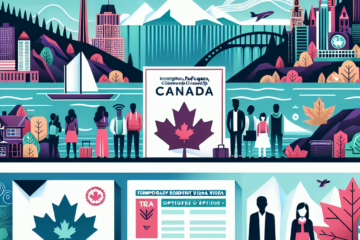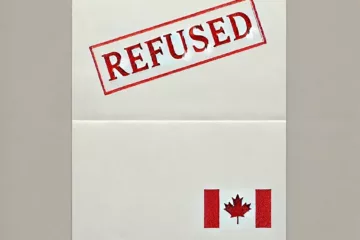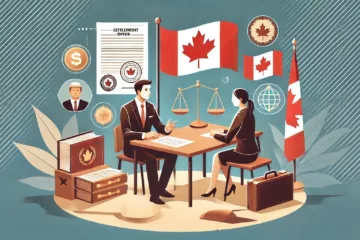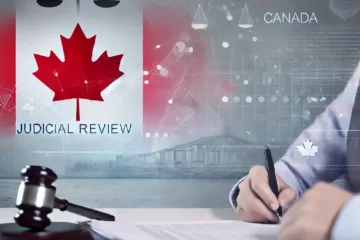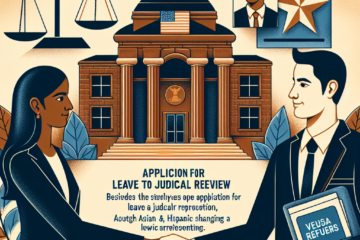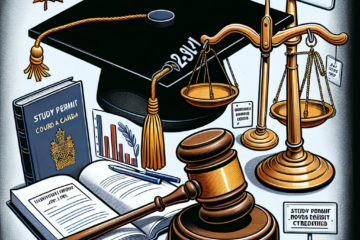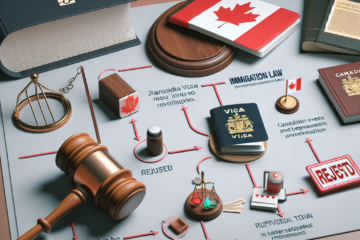The Impact of Redacted GCMS Notes on Judicial Review: Balancing Transparency and Confidentiality in Immigration Cases
In the realm of immigration law, Global Case Management System (GCMS) notes are pivotal documents that provide a detailed account of an immigration officer’s decision-making process. These notes are often used in judicial review cases as evidence to understand the rationale behind certain decisions. However, the practice of redacting sections Read more…

